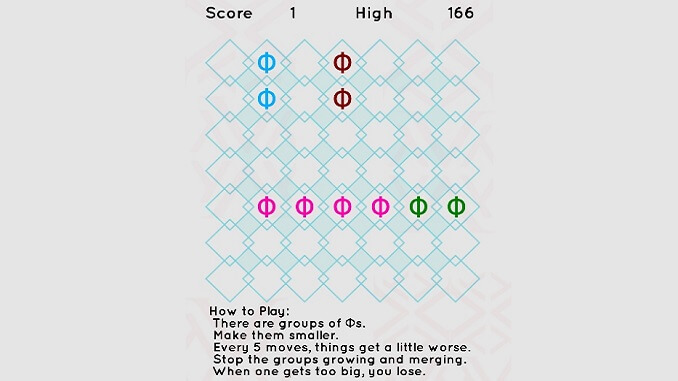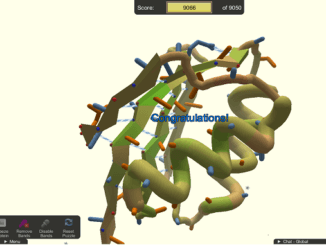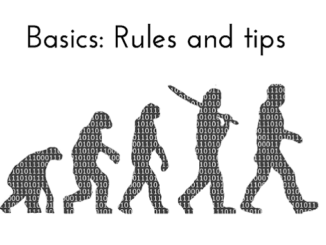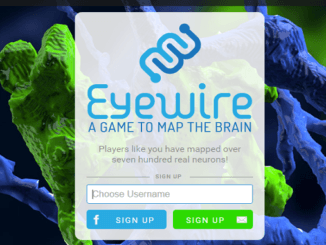
Game for a Cause with Decodoku!
I’ve got a really fun project to share with you guys today! Who out there has wasted way more time than they’re proud to admit playing some kind of mindless game on their phone? (*Raises hand*) Candy Crush or 2048, anyone? Yeah, we all probably have a game or two that we use to pass the time when we are waiting in line or need to blow off some steam at the end of a long day. Well, what if you could multitask, and play a few simple, fun games on your phone or iPad, while contributing to scientific research on quantum error correction? That’s an opportunity that Dr. James Wootten, a scientist with the University of Basel, has created with his new app, Decodoku.
Decodoku is totally free, with no ads or in-app purchases. As Dr. Wootten says on his blog, “It’s for science, not for money!” It is currently only offered for iPhone and iPad, though an Android version is on the way. The vision of the project is quite similar to that of this blog–to convince everyday people that you can do science! You don’t have to be a university-tenured scientist in the field of quantum error correction to contribute. You simply play the game, try to get the highest score possible, figure out the methods you used to get there, and, if you’d like to, report your findings to decodoku@gmail.com or tweet @decodoku on Twitter. Dr. Wootten makes it very clear that you are under no obligation to share what you find, and they won’t use it without your permission.
So what exactly is quantum error correction, and how does an entertaining little grid game help us learn more about it? Well, Dr. Wootten gives a handy introduction to quantum error correction and the science behind the game, with some helpful analogies in laymen’s terms in this blog post. In a one-sentence summary, quantum error correction tries to “un-garble” the messages that quantum computers send, which will have naturally-occurring errors over time.
How does this translate to the objective of the two games–ℤ10 and Φ-Λ–in Decodoku? Well, your score is basically the number of moves you managed to make before everything gets too messed up, and the system locks up. If you were a scientist, this would be the amount of time your quantum computer would survive before the errors completely overwhelmed it and it crashed. I won’t get too deep into the nitty-gritty of the rules of the game (basically, you’re trying to find numbers in adjoining grids that add up to 10) but here’s a handy gameplay video, if you’d like a visual example, and for those of you who enjoy code and understanding the inner-workings of a game, there are several in-depth posts about it on the project’s blog. Have fun testing out a new way to kill time as you wait for the bus, and don’t forget to report any tips or tricks you discover in obtaining new high scores–remember, “it’s for science!”
This article was written by Chandra Clarke (@chandraclarke) for citizensciencecenter.com
http://www.citizensciencecenter.com/game-cause-decodoku/


